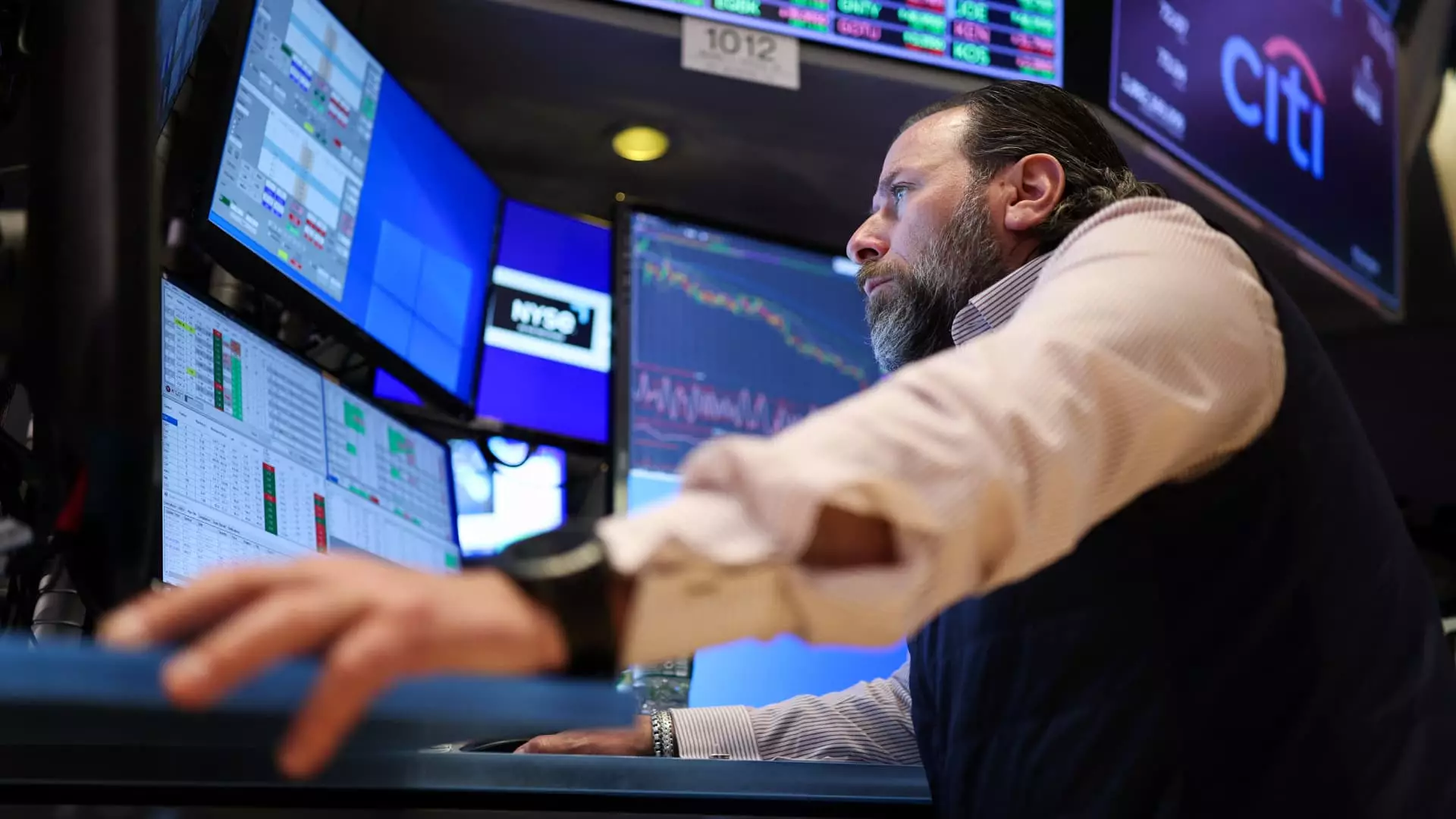As the storm clouds of economic uncertainty gather, Dollar General looks poised to thrive in what many fear will be a prolonged downturn. Gina Sanchez, chief market strategist at Lido Advisors, suggests that as consumers hunt for bargains, discount retailers like Dollar General will continue to gain traction. With inflation gripping households and wages stagnating, it’s critical to understand how such economic pressures shift consumer behavior. Instead of merely tightening their belts, families are making calculated choices, possibly viewing discount retailers as their best lifeline.
In the first half of 2025, Dollar General’s stock has already surged more than 13%. This indicates that the market recognizes its potential as a major player catering to the cost-conscious shopper. Sanchez highlights that while challenges such as labor costs and store refurbishments loom large, these hurdles are dwarfed by the growing movement toward frugality. As consumers look to trade down, Dollar General stands ready to capture a significant share of this shifting consumer sentiment.
Strategic Moves amid Headwinds
Recently, Dollar General announced its decision to divest the Family Dollar division for an impressive $1 billion. This may initially appear like a setback, but it reflects a strategic pivot to streamline operations and focus on what truly drives revenue. Investors should look beyond the immediate news and realize that such moves indicate a conscious effort to solidify Dollar General’s market presence during turbulent times.
Sanchez emphasizes that even with the store remodeling and associated costs, Dollar General’s budget-friendly appeal places it in an advantageous position. Consumers are becoming more value-oriented, and as discretionary spending wanes, the relevance of such companies skyrockets. The question isn’t whether Dollar General will continue to perform; it’s how much it can grow amidst the chaos. For savvy investors, this appears to be a golden opportunity.
Lululemon: Treading Water in Troubling Times
On the flip side, Lululemon’s recent struggles have been amplified by inflationary pressures that are squeezing consumer spending. With shares plummeting 25% in 2025, the message is clear: even brands perceived as premium aren’t immune to the chilling effects of economic downturns. Sanchez’s tempered view on Lululemon serves as a stark reminder that premium markets can quickly turn into fragile ecosystems when consumers’ disposable incomes dwindle.
While she acknowledges potential for longer-term growth through international expansions, the immediate outlook for Lululemon is grim. It faces headwinds from both declining foot traffic and a major dependence on the Chinese market, which is currently fraught with complications. As the company seeks to navigate such turbulent waters, it faces a significant uphill battle, echoing the challenges many trendy, high-discretionary brands face in a slowing economy.
The Future Uncertain for Oracle
Similarly, Oracle has felt the sting of economic shifts, with its shares undergoing a disturbing decline of nearly 16% in 2025 alone. The recent news regarding the Defense Department’s decision to cut back on Oracle’s software usage raises red flags about the company’s future prospects. As Sanchez noted, concerns surrounding cost containment in government spending reflect a larger trend impacting tech firms reliant on public sector contracts.
Despite current pressures, Sanchez insists there remains a compelling “secular story” supporting Oracle’s growth trajectory, thanks in part to the rising interest in artificial intelligence. This duality of risk and opportunity makes Oracle a company to watch. Investors could potentially find themselves rewarded, but only if they stick around to see how Oracle navigates its current challenges and capitalizes on its AI aspirations.
A Call to Invest with Eyes Wide Open
In the present climate of uncertainty, the investment landscape is fraught with risks yet bursting with potential. Companies like Dollar General are emblematic of the thrift-driven shifts occurring across the retail landscape, making it a more compelling option for those willing to embrace a center-right, market-focused investment philosophy. Conversely, Lululemon and Oracle illustrate the critical need for investors to diligently assess the changing dynamics and resist the allure of brand loyalty when the economic winds have shifted so drastically.
Investors as well as economic students must keep a keen eye on how consumer behavior continues to evolve in the face of daunting economic realities. Making informed, strategic financial decisions in this environment is essential—not just for immediate gains, but for long-term sustainability amidst uncertainty.


Leave a Reply